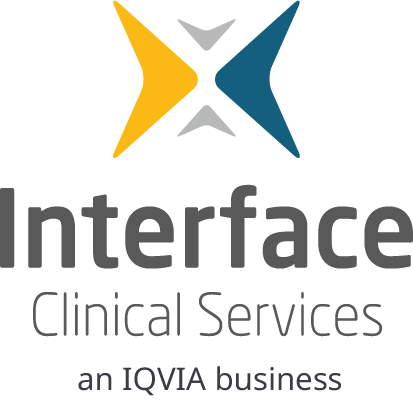QOF Disease Prevalence Coding Support
![]()
Our Clinical Pharmacists are now able to offer coding support across a number of QOF domains

Access
One of the key changes announced is that the new GP contract will focus on access for patients. The new GP contract will ensure that patients are provided with access to healthcare when they request it.
What does this mean? From April, patients will be provided with an assessment of their needs or signposted to an appropriate service, such as a pharmacy. Practices will not be able to tell a patient to contact them at a later time. Funding from the Investment and Impact Fund (IIF) will be repurposed to help PCNs improve patients’ experience of accessing their practice.
In addition to this, by 31st October 2023, all patients will have access to their records online.
Investment and Impact Fund
As mentioned, IIF funding will be repurposed to help improve access for patients. The funds will be divided into a £59 million indicator fund and a £246 million capacity and access fund.
The indicator fund will be used to incentivise PCNs to improve the delivery of five key indicators, these indicators will relate to:
– flu vaccination
-learning disability health checks
– early cancer diagnosis
The remainder of the IIF, will be allocated to improving patient experience when contacting their practice as part of the drive to improve access.
What does this mean?
PCNs will have to meet the new indicators to achieve the IIF funding. The changes to access may put more strain on practices as they meet patient demand. This may mean there are more opportunities for support and clinical roles within primary care as the need for capacity increases.
QOF
The QOF points that practices have been awarded during the 2022/2023 year will be frozen. This means that practices will achieve the same number of points in 2023/2024. During this time, a review of QOF will be undertaken.
The number of QOF indicators will be reduced from 74 to 55. Two new cholesterol indicators will be added, as well as a new ‘overarching’ mental health indicator. There will also be a change to the AF domain with AF007 being retired and replaced with AF008.
What does this mean?
This means that for the 2023/2024 QOF year, prevalence will be key, with less of a focus on QOF point achievement. There are likely to be changes coming to QOF in the 2024/2025 year once the review has taken place.
Additional Roles Reimbursement Scheme (ARRS)
The cap on advanced practitioners will be increased depending on the size of the PCN. PCNs with less than 100,000 patients will be able to employ three advanced practitioners and practices with more than 100,000 patients will be able to employ six advanced practitioners.
Advanced clinical nurse practitioners will be eligible for reimbursement under the ARRS as advanced practitioners. There will be no cap on mental health practitioners.
What does this mean?
This means that primary care will be able to use the ARRS to fund more advanced practitioners in primary care to help with the introduced access requirements and continue to help with the backlog of care.
For more information, as to how Interface can support practices and primary care with changes to the GP contract for 2023/24, please contact us.
![]()
Our Clinical Pharmacists are now able to offer coding support across a number of QOF domains